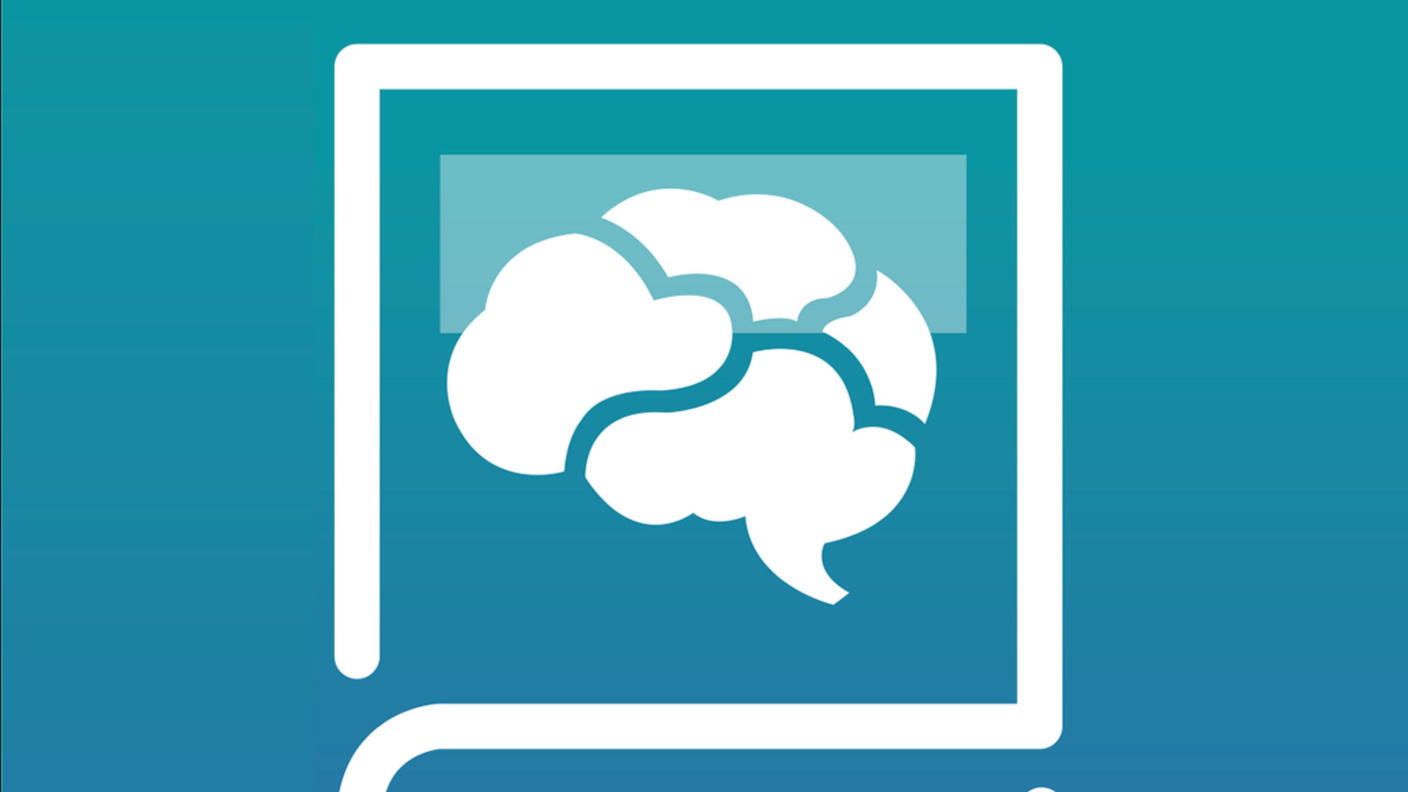Managing Your Symptoms
Learn about common symptoms that people with brain and spine tumors experience, strategies to manage your symptoms, and when to report them to your doctor.
Managing Your Symptoms
Managing Your Symptoms
-
 Fatigue
FatigueFatigue is an extreme sense of tiredness and lack of energy, which can be debilitating and interfere with daily activities.
-
 Gastrointestinal Symptoms
Gastrointestinal SymptomsGastrointestinal symptoms affect areas from your mouth to your rectum, such as your stomach or intestines.
-
 Headache
HeadacheA headache is pain or pressure in the head that does not go away—or that goes away and comes back.
Managing Symptoms
-
 Mood Disturbance
Mood DisturbanceMood disturbance can involve feelings of distress or sadness, or symptoms of depression and anxiety.
-
 Sleep Disturbance
Sleep DisturbanceSleep disturbance can impact your physical and mental health, as well as your day-to-day life.
-
 Seizure
SeizureSeizures are sudden, uncontrolled body movements and changes in behavior that are caused by abnormal brain activity.
Managing Your Symptoms
We would like to acknowledge the following authors who contributed to writing and reviewing the content included on the symptoms section of the NCI-CONNECT website: Terri Armstrong, Ph.D.; Alvina Acquaye-Mallory; Orieta Celiku, Ph.D.; Youngjun Cho; Anna Choi; Alexa Christ; Julianie De La Cruz Minyety; Varna Jammula; Yeonju Kim; Amanda King, Ph.D.; Heather Leeper, M.D.; Molly Maher; Hope Miller; Kristin Odom; Brittany Cordeiro; Kayla Roche; James Rogers; Michael Timmer; Raleigh McElvery; and Michelle Wright, Ph.D.




